Although the AI classroom model brings many benefits, many parents and experts are concerned about the negative impacts of over-reliance on this technology.
Recently, the Chinese Ministryof Education launched the “AI classroom” initiative, an artificial intelligence-based learning model, to improve educational efficiency and develop students’ skills. These classrooms are deployed in many localities, equipped with smart teaching tools, with AI algorithms that adjust the difficulty of lessons according to each student’s ability. This helps personalize learning and address limitations in the knowledge acquisition process.
"AI Classroom" Deployed in China
In a classroom in Zhengzhou, 12-year-old Zhang said the quiet learning environment and guidance from AI and teachers helped him improve his academic performance. Cheng Lele, who runs an AI classroom, said the technology not only supports students in online learning but also provides instant feedback, improving their independent learning and problem-solving skills. AI classrooms have become popular in major cities such as Beijing and Shanghai, receiving positive support from parents.
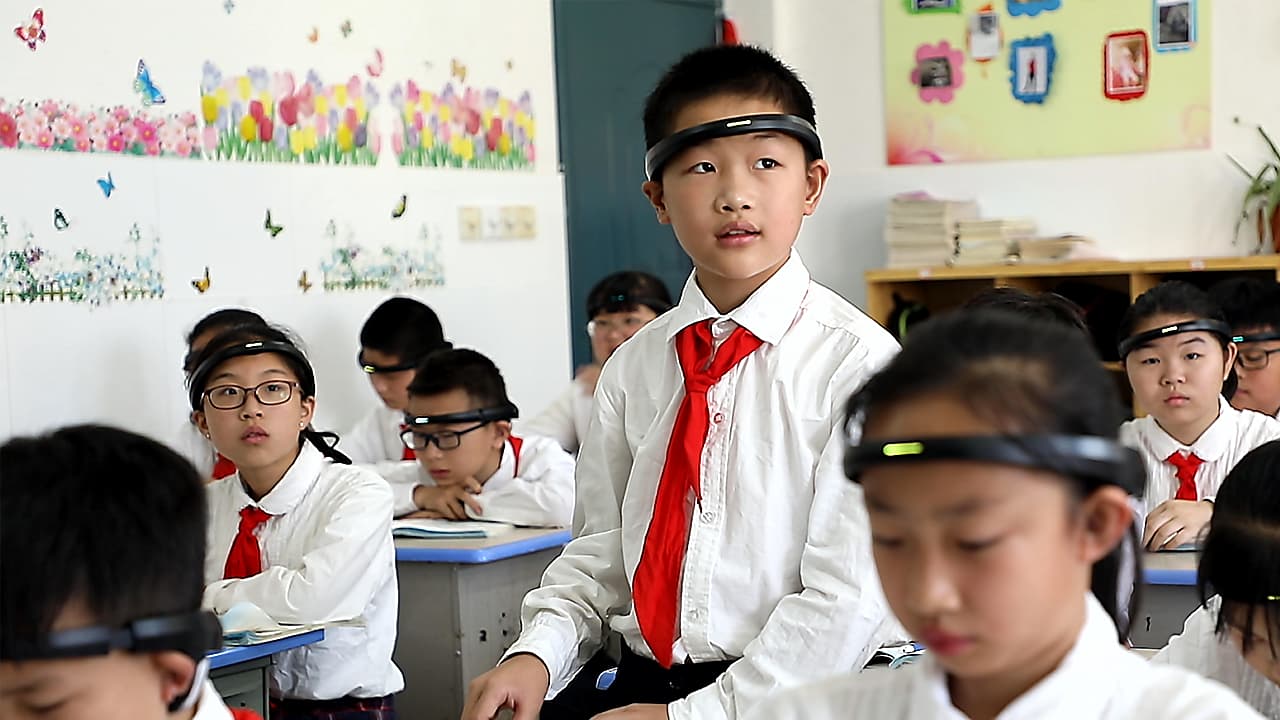
China strives to bring AI into primary education. IG.
A typical example is Huiwen Middle School in Tianjin, where AI applications have been implemented since 2017. Ning Zhaohong, director of the school’s innovation center, emphasized that the project not only helps students access modern technology but also inspires a passion for research through extracurricular activities, such as the robotics club. These initiatives are expected to help Chinese students better prepare for the future, when AI technology increasingly dominates many fields.
Despite the benefits of AI classrooms, many parents and experts are concerned about the negative effects of over-reliance on this technology. Jia Lijuan, a teacher at Henan Experimental Primary School, warned that students need to develop critical thinking and hands-on skills, rather than relying solely on solving AI-provided exercises. Some parents have expressed concerns that overuse of AI could undermine students’ creativity and independent thinking.
In addition, the disparity in access to technology also creates inequalities in education. Education experts emphasize that while AI technology opens up many opportunities, maintaining a balance between traditional education and technological innovation is essential. This not only helps students develop comprehensively but also ensures that everyone has equal access to education.
In addition, China has begun to incorporate AI into its official curriculum, with courses in programming, data analysis, and basic app development designed to prepare students for a technological age where artificial intelligence will become an integral part of every field.
Source: https://danviet.vn/phu-huynh-lo-ngai-khi-con-duoc-giang-day-bang-ai-20250102163934945.htm




![[Photo] Prime Minister Pham Minh Chinh chairs the Government's special meeting on law-making in May](https://vphoto.vietnam.vn/thumb/1200x675/vietnam/resource/IMAGE/2025/5/22/1c880aae96fd4e0894abc47a46fe19ba)
![[Photo] Prime Minister Pham Minh Chinh attends the groundbreaking ceremony of Trump International Hung Yen Project](https://vphoto.vietnam.vn/thumb/1200x675/vietnam/resource/IMAGE/2025/5/21/ca84b87a74da4cddb2992a86966284cf)

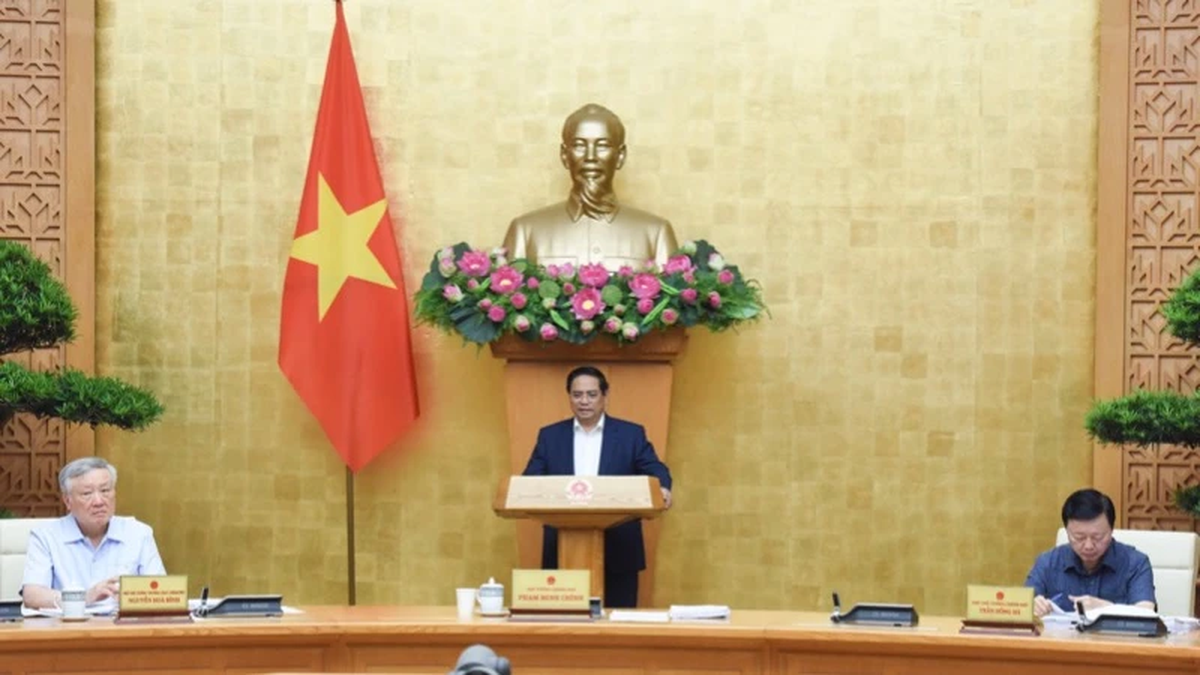


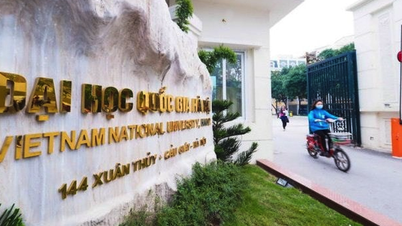





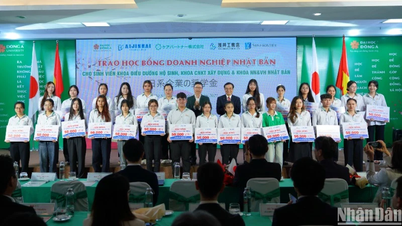

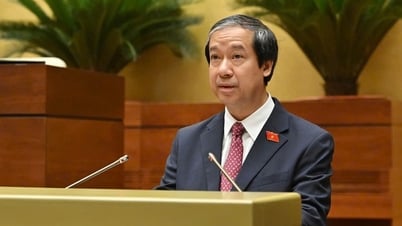










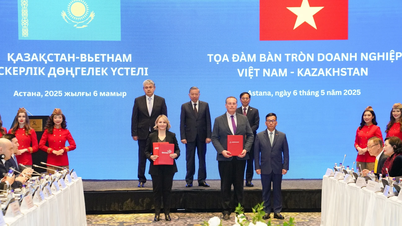


































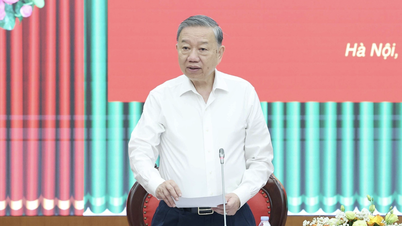



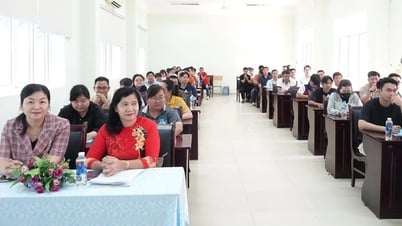
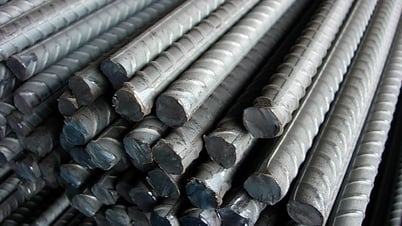

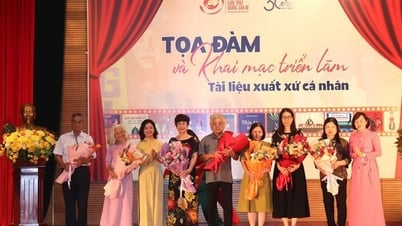


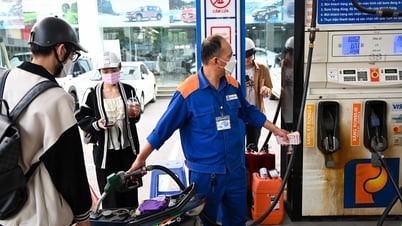









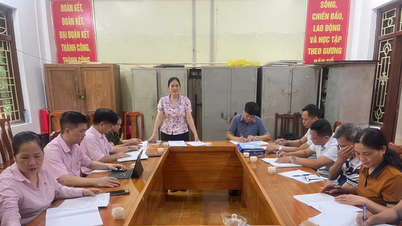




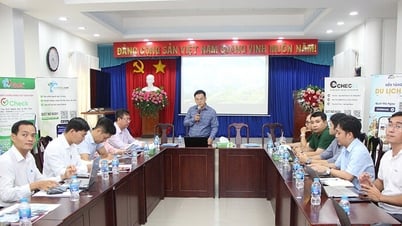





Comment (0)